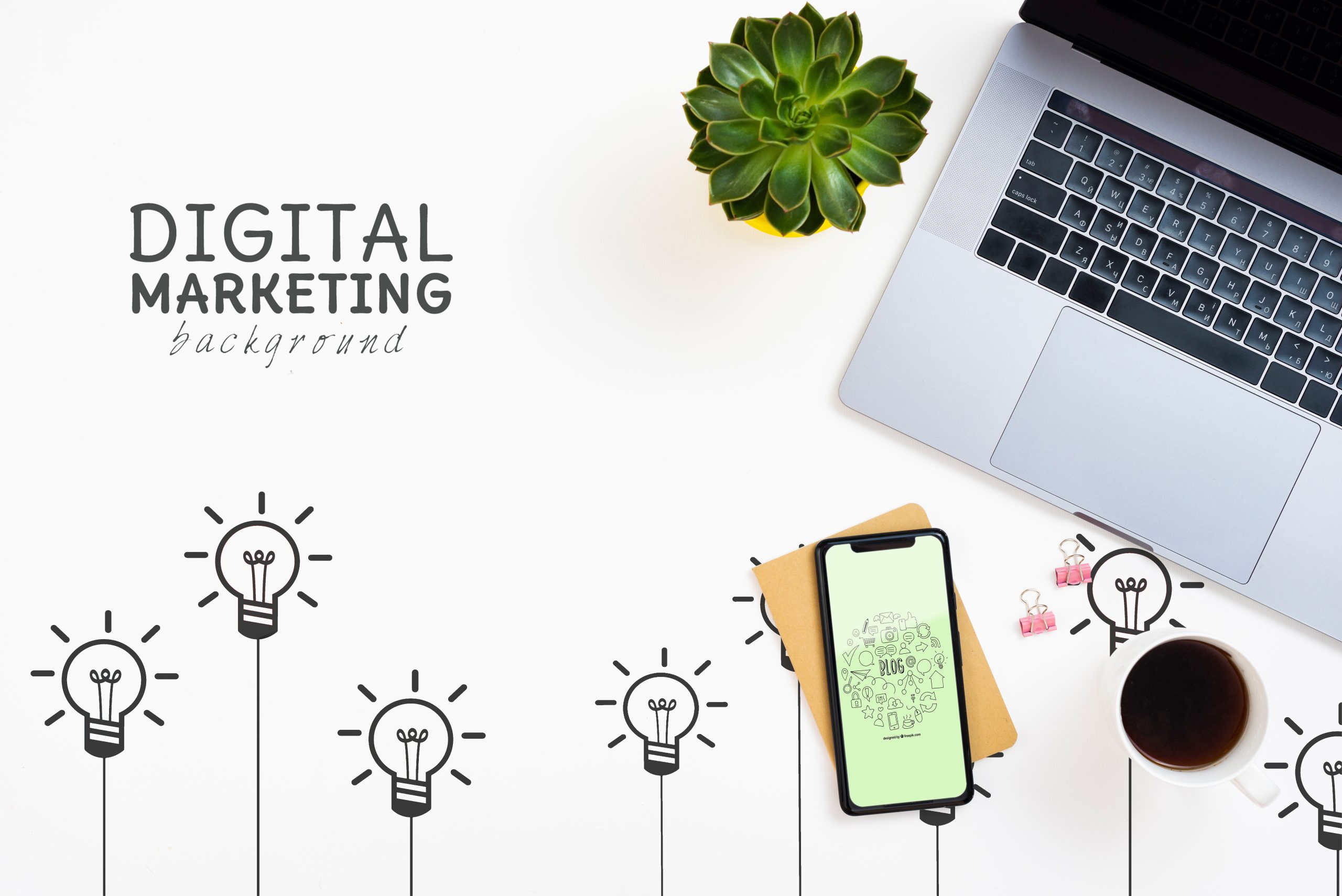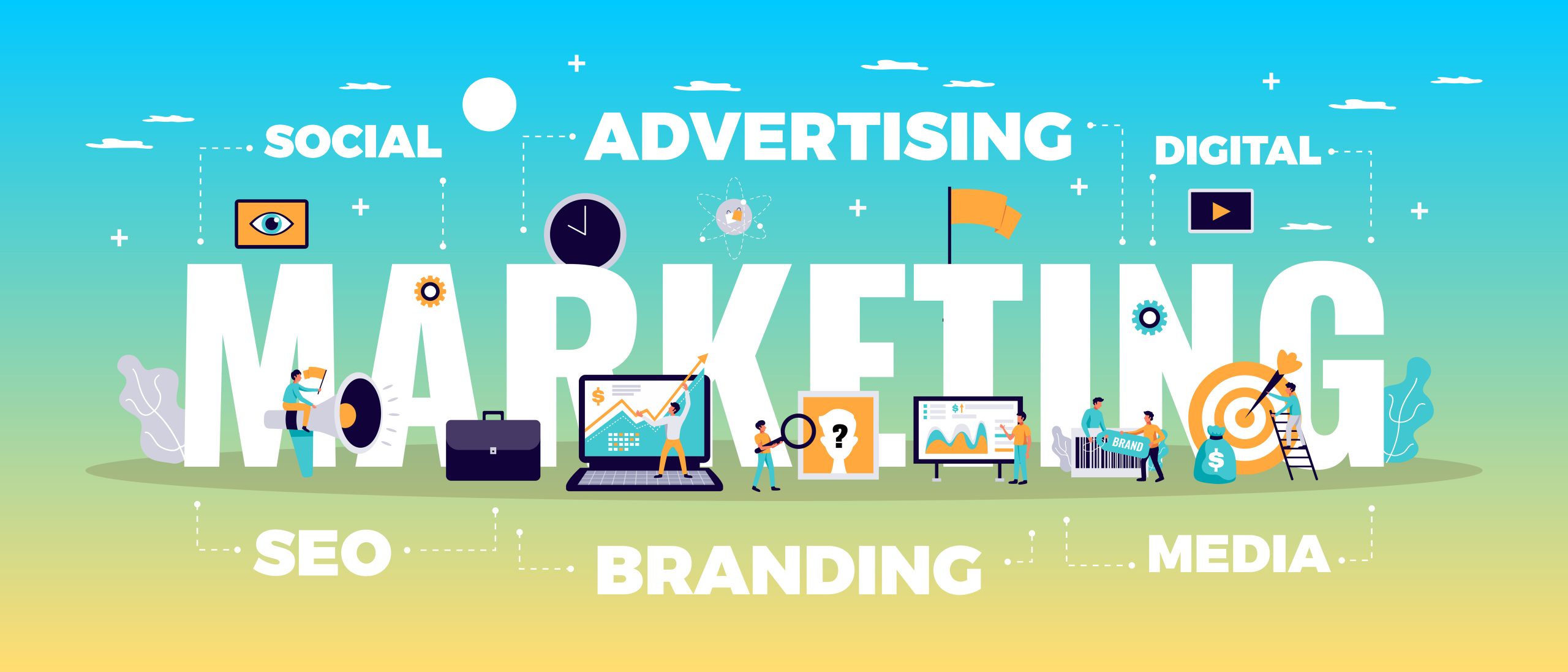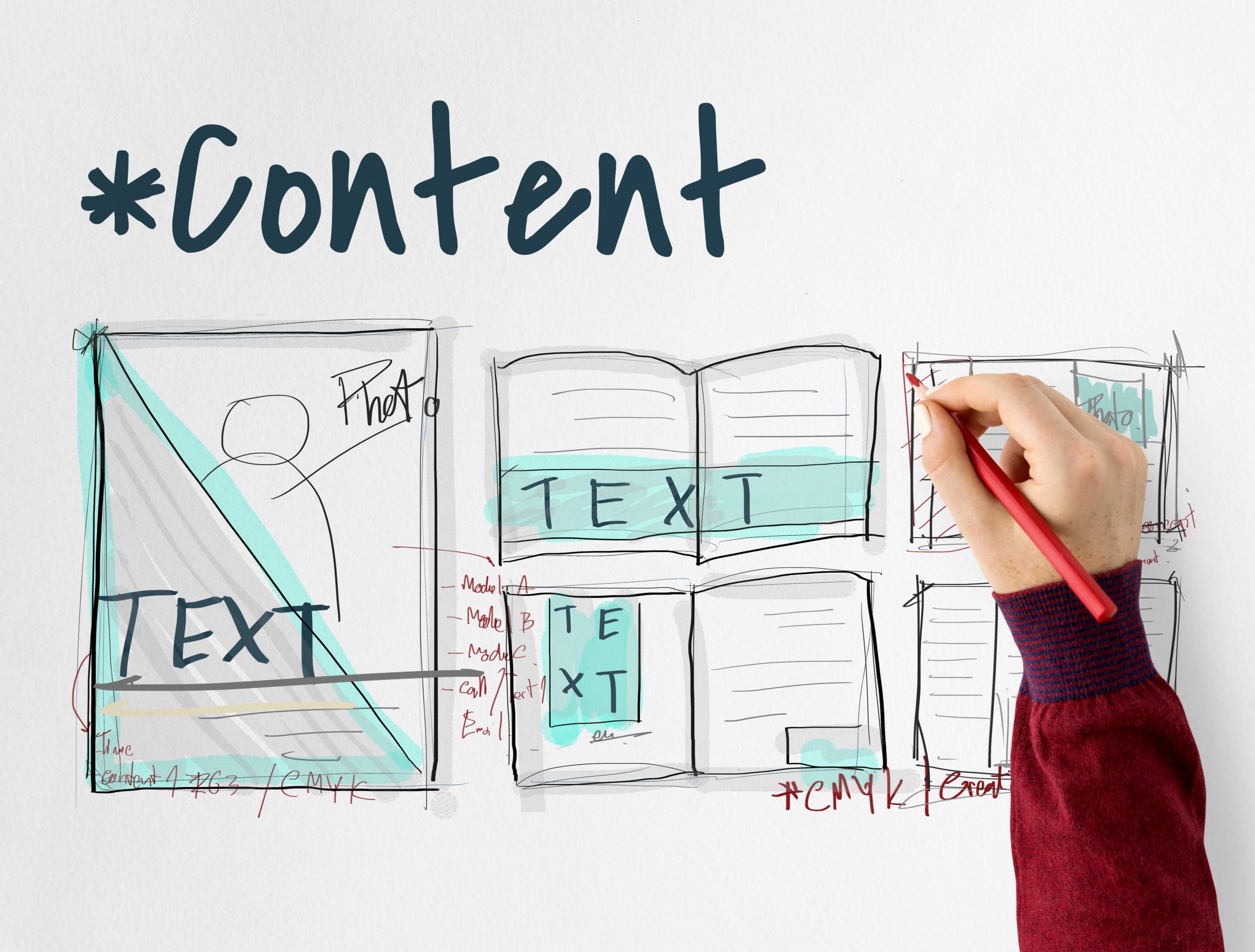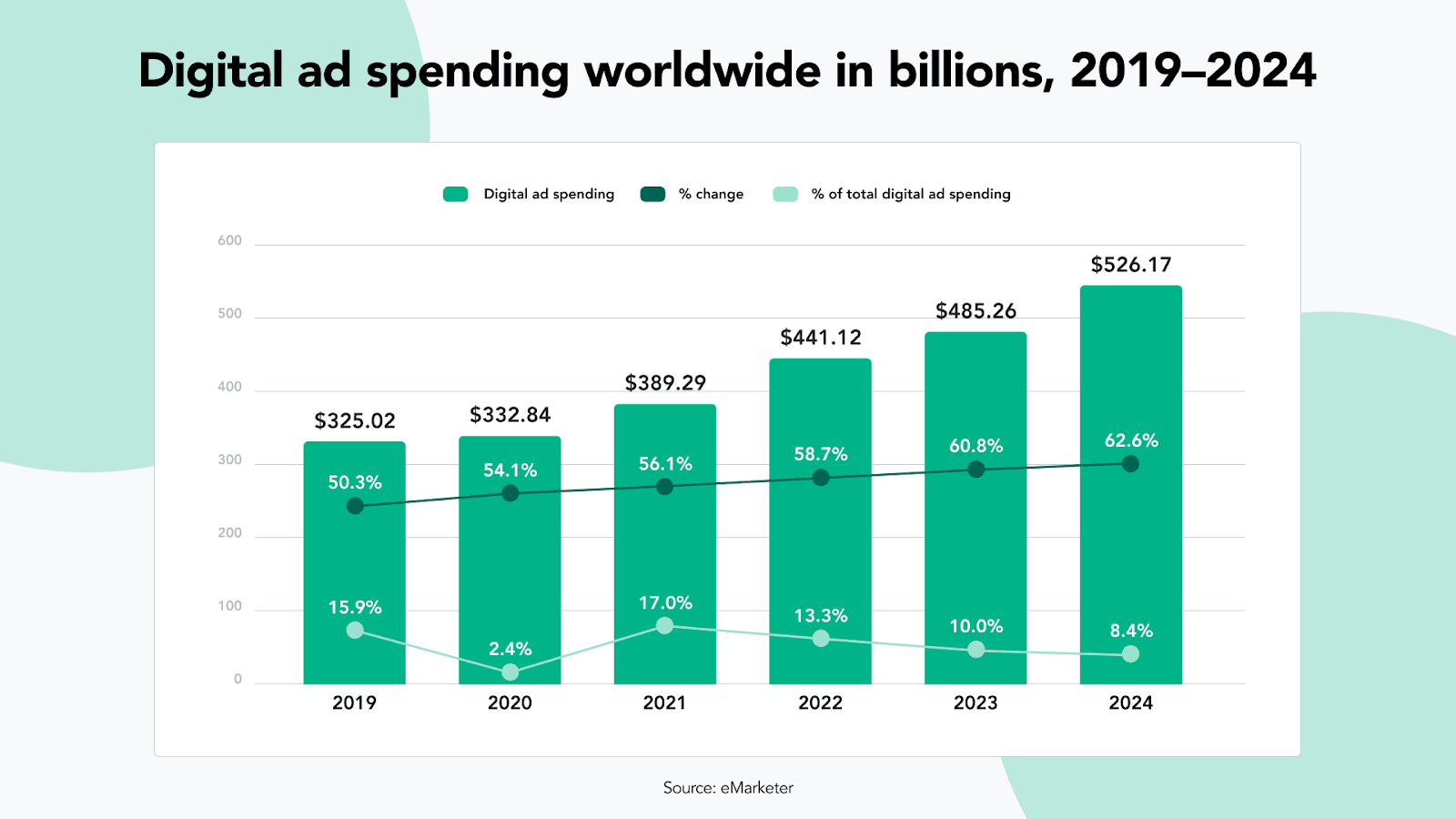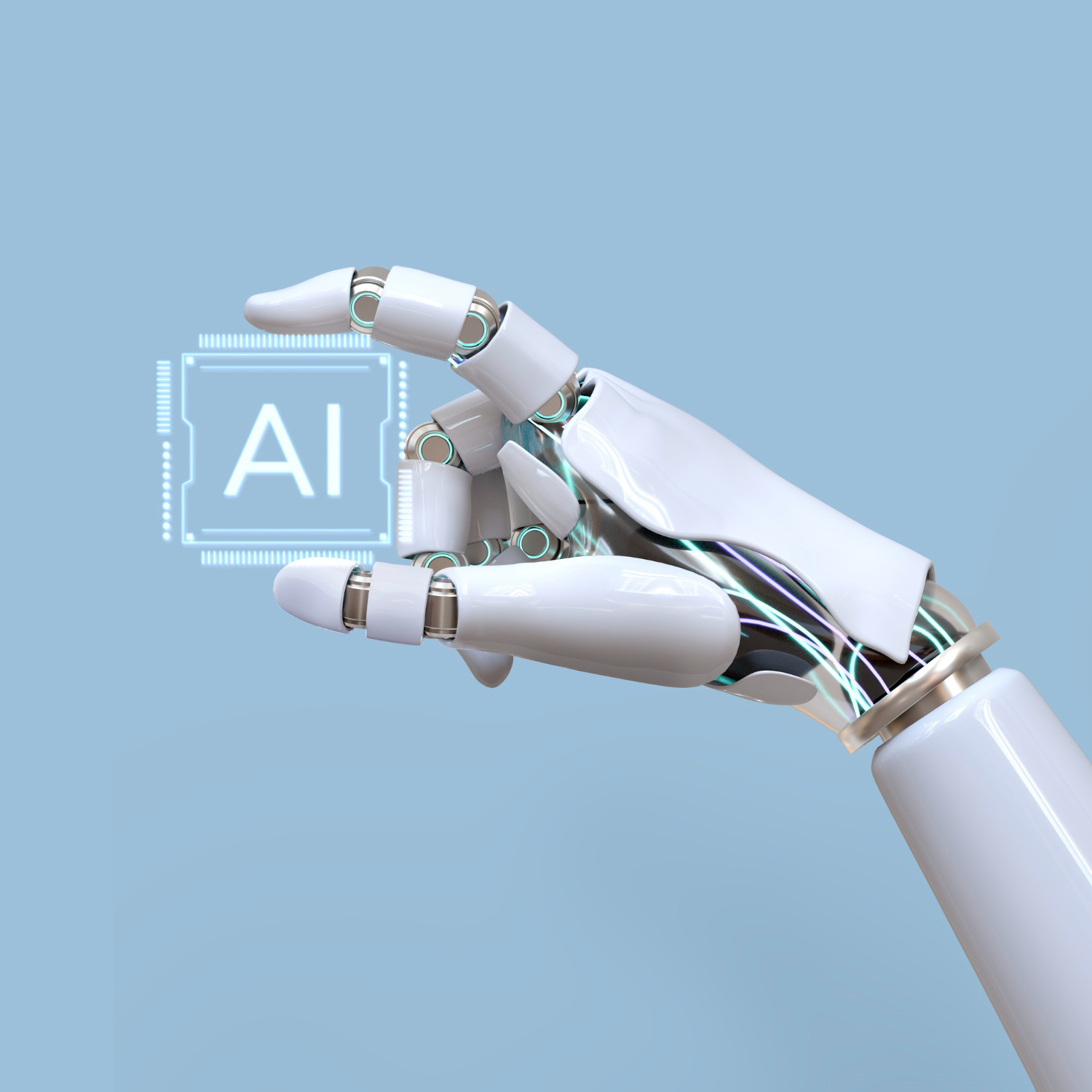
In today’s digital age, content marketing has become a game-changer for businesses seeking to connect with their target audience. With the rise of artificial intelligence (AI), companies can now take their content marketing strategies to a whole new level. By harnessing the power of AI, businesses are able to revolutionize their approach and achieve unprecedented success.
In this step-by-step guide, we will explore how AI can transform your content marketing strategy and help you stay ahead of the competition. From content creation to distribution and optimization, AI offers invaluable insights and tools that can significantly improve your results. We’ll delve into the different ways AI can analyze data, identify trends, and generate personalized content that resonates with your audience.
Whether you’re a seasoned marketer or just starting out, this guide will provide you with practical tips and techniques to leverage AI effectively in your content marketing efforts. Get ready to unlock new possibilities and see remarkable growth by integrating AI into your strategy. It’s time to take your content marketing to the next level with the power of AI.
Benefits of using AI in content marketing
AI has revolutionized the way businesses approach content marketing, providing a wide range of benefits that can significantly enhance your strategy. One of the key advantages of using AI is the ability to automate content creation processes. AI-powered tools can generate high-quality content at scale, saving you time and resources. Additionally, AI can analyze vast amounts of data to identify trends and consumer insights, enabling you to create content that resonates with your target audience.
Another benefit of AI in content marketing is personalized content creation. By leveraging AI algorithms, you can create personalized content tailored to individual user preferences. This level of personalization helps build stronger connections with your audience and increases engagement. AI can also assist in content distribution by recommending the most relevant content to users based on their browsing behavior and interests.
Furthermore, AI can optimize your content for SEO. AI-powered tools can analyze search engine algorithms and provide recommendations for optimizing your content to rank higher in search engine results. This ensures that your content gets maximum visibility and drives organic traffic to your website.
Overall, the benefits of using AI in content marketing are numerous. From automating content creation to personalizing content for individual users, AI can revolutionize your strategy and help you achieve remarkable growth.
AI-powered content creation tools
AI-powered content creation tools are one of the most significant advancements in content marketing. These tools use natural language processing and machine learning algorithms to generate high-quality content. They can write blog articles, social media posts, product descriptions, and more, allowing businesses to create content at scale.
One popular AI-powered content creation tool is GPT-3 (Generative Pre-trained Transformer 3). GPT-3 can generate human-like text based on a given prompt, making it an excellent tool for creating engaging and informative content. Other tools like Copy.ai and Jarvis.ai also provide similar capabilities, allowing businesses to automate content creation and save time.
These AI-powered content creation tools are not meant to replace human writers but rather to assist them. They can generate drafts, provide inspiration, and help with content ideation. Human writers can then take these generated texts and add their unique touch, ensuring the content aligns with the brand’s voice and style.
The use of AI-powered content creation tools can significantly speed up the content creation process and enable businesses to produce a higher volume of content without compromising quality. It allows marketers to focus on strategy and creativity while leaving the mundane tasks to AI.
AI-driven content curation and recommendation platforms
In today’s information-saturated world, content curation and recommendation platforms powered by AI have become essential tools for businesses. These platforms analyze user behavior, preferences, and browsing history to recommend personalized content to users. This not only helps businesses deliver the right content to the right audience but also increases user engagement and satisfaction.
One popular example of an AI-driven content curation platform is Flipboard. Flipboard uses AI algorithms to curate content from various sources and present it in a personalized magazine-style format. Users can customize their feed based on their interests, and Flipboard’s AI learns from their interactions to refine the recommendations further.
Another example is Netflix’s recommendation system. Netflix uses AI algorithms to analyze user viewing patterns and preferences to recommend personalized TV shows and movies. This level of personalization enhances the user experience and keeps users engaged on the platform.
Implementing AI-driven content curation and recommendation platforms can significantly improve your content marketing strategy. By delivering personalized content to your audience, you can increase engagement, drive conversions, and build brand loyalty.
Implementing AI for content optimization and SEO
AI can play a crucial role in optimizing your content for search engines and improving your SEO efforts. AI-powered tools can analyze search engine algorithms, keyword trends, and user search behavior to provide recommendations for optimizing your content.
One popular AI-powered SEO tool is SEMrush. SEMrush uses AI algorithms to analyze websites, identify SEO opportunities, and provide recommendations for improving search engine rankings. It can help businesses identify the right keywords to target, optimize on-page elements, and monitor their SEO performance.
Another AI-powered tool is MarketMuse. MarketMuse uses AI to analyze content gaps, identify opportunities for improvement, and generate content outlines based on keyword research. It helps businesses create comprehensive and SEO-friendly content that ranks well in search engine results.
By leveraging AI for content optimization and SEO, you can ensure that your content is well-optimized for search engines, driving organic traffic to your website. AI can also provide insights into keyword trends and user search behavior, enabling you to stay ahead of the competition and create content that meets the needs of your audience.
Personalization and targeting with AI in content marketing
Personalization is a key aspect of successful content marketing, and AI can greatly enhance your ability to deliver personalized experiences to your audience. AI algorithms can analyze user data, such as browsing behavior, demographics, and preferences, to create personalized content recommendations and experiences.
One example of personalization with AI is email marketing. AI-powered email marketing platforms can analyze user data and behavior to send personalized emails with relevant content to each recipient. These platforms can dynamically generate email content based on user preferences, increasing open rates and click-through rates.
AI can also personalize website experiences by dynamically displaying content based on user preferences and behavior. For example, AI algorithms can analyze user data and show personalized product recommendations or content suggestions, increasing user engagement and conversions.
By leveraging AI for personalization and targeting, you can create content that resonates with your audience on a deeper level. Personalized experiences not only increase engagement but also build brand loyalty and drive conversions.
AI for content performance analysis and reporting
Analyzing content performance and reporting is essential for evaluating the success of your content marketing efforts. AI can automate and streamline this process, providing valuable insights and reducing manual work.
AI-powered analytics platforms like Google Analytics and Adobe Analytics can analyze vast amounts of data and provide actionable insights. These platforms can track user behavior, measure engagement metrics, and identify trends, allowing businesses to optimize their content marketing strategy based on data-driven insights.
AI can also automate the reporting process by generating customized reports with key performance indicators (KPIs) and visualizations. This saves time and resources while providing a comprehensive overview of your content marketing performance.
By leveraging AI for content performance analysis and reporting, you can make data-driven decisions, optimize your content strategy, and measure the success of your campaigns more effectively.
Overcoming challenges in adopting AI for content marketing
While AI offers numerous benefits for content marketing, there are challenges businesses may face when adopting AI into their strategy. One primary challenge is the initial investment required to implement AI tools and platforms. However, the long-term benefits outweigh the upfront costs, as AI can significantly improve efficiency and ROI.
Another challenge is the need for skilled personnel who can understand and leverage AI tools effectively. Businesses need professionals who can analyze data, interpret AI-generated insights, and make informed decisions based on the results. Investing in training or hiring AI specialists can help overcome this challenge.
Data privacy and security is also a concern when using AI in content marketing. Businesses must ensure that they comply with data protection regulations and implement robust security measures to protect user data and prevent data breaches.
By addressing these challenges and investing in the necessary resources and expertise, businesses can successfully adopt AI into their content marketing strategy and reap the benefits it offers.
Case studies of successful AI-powered content marketing campaigns
To further illustrate the power of AI in content marketing, let’s look at a few case studies of successful AI-powered campaigns.
1. Coca-Cola’s “Share a Coke” campaign: Coca-Cola used AI algorithms to analyze customer data and generate personalized labels with people’s names on Coke bottles. This campaign created a personalized experience for customers and resulted in increased sales and social media engagement.
2. Spotify’s personalized playlists: Spotify uses AI algorithms to analyze user listening habits and generate personalized playlists tailored to individual preferences. This level of personalization has helped Spotify become one of the leading music streaming platforms globally.
3. Amazon’s product recommendations: Amazon uses AI algorithms to analyze user browsing and purchase history to recommend products tailored to individual preferences. These personalized recommendations have significantly contributed to Amazon’s success as an e-commerce giant.
These case studies demonstrate how AI can drive personalization, engagement, and sales in content marketing campaigns. By leveraging AI, businesses can create unique and tailored experiences that resonate with their audience, resulting in remarkable growth and success.

